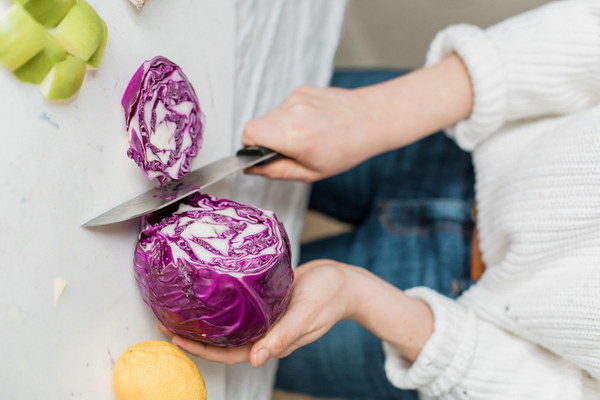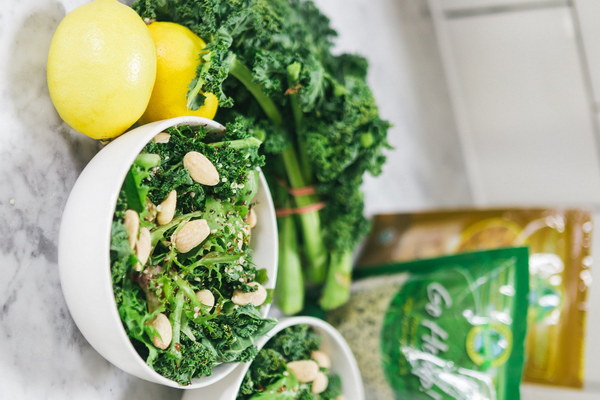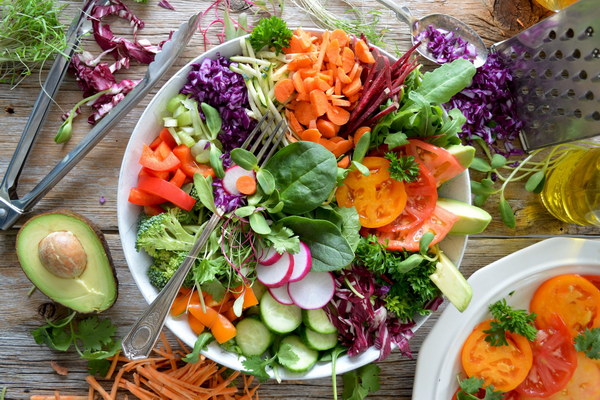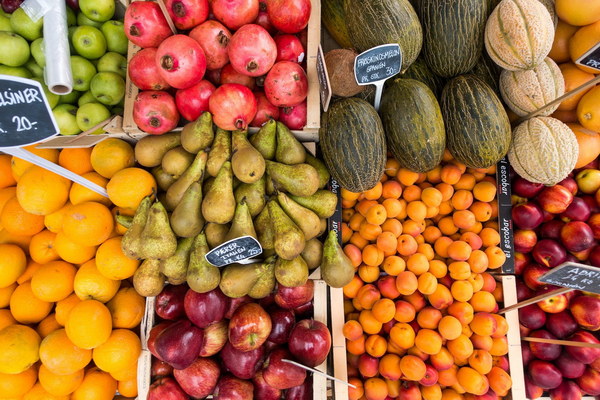Revitalizing Your Kidneys Effective Strategies for Nurturing Your Kidneys After Overmedication
Introduction:
Overmedication, whether intentional or unintentional, can take a toll on your kidneys, leading to various health issues. However, there are several ways to nurture and revitalize your kidneys after taking excessive medication. This article will provide you with valuable insights on how to support your kidneys' health and well-being.
1. Stay Hydrated:
One of the most effective ways to support your kidneys is by staying hydrated. Drinking plenty of water helps flush out toxins and waste products from your body, reducing the workload on your kidneys. Aim to drink at least 8-10 glasses of water per day, and increase your intake if you are experiencing symptoms of kidney damage or dysfunction.
2. Adopt a Kidney-Friendly Diet:
A balanced diet rich in essential nutrients can help support your kidneys' health. Incorporate the following foods into your diet:
- Lean proteins: Chicken, fish, and tofu are excellent sources of lean protein that are easier on your kidneys than red meat.
- Low-potassium foods: Limit your intake of potassium-rich foods such as bananas, oranges, and potatoes, as high potassium levels can strain your kidneys.
- Low-phosphorus foods: Dairy products and nuts are high in phosphorus, which can be harmful to your kidneys. Opt for low-phosphorus alternatives like almond milk or rice milk.
- High-fiber foods: Fiber helps reduce the risk of kidney stones and improves digestion. Include fruits, vegetables, whole grains, and legumes in your diet.
- Healthy fats: Avocado, olive oil, and nuts are great sources of healthy fats that can aid in reducing inflammation and improving kidney function.
3. Exercise Regularly:

Physical activity is essential for maintaining overall health and supporting kidney function. Regular exercise can help control blood pressure, reduce the risk of diabetes, and improve cardiovascular health, all of which are crucial for kidney health. Aim for at least 150 minutes of moderate-intensity aerobic exercise or 75 minutes of vigorous-intensity aerobic exercise per week, along with strength training exercises.
4. Avoid Harmful Substances:
To protect your kidneys, it is essential to avoid harmful substances that can exacerbate kidney damage. These include:
- Alcohol: Excessive alcohol consumption can lead to kidney disease, so limit your intake or avoid it altogether.
- Smoking: Smoking increases the risk of kidney damage and can worsen existing kidney conditions.
- Painkillers: Nonsteroidal anti-inflammatory drugs (NSAIDs) can cause kidney damage if used excessively or for an extended period. Consult with your healthcare provider if you need long-term pain management.
5. Get Regular Check-Ups:
Regular kidney function tests can help detect early signs of kidney damage or dysfunction. If you have been on long-term medication or have a history of kidney disease, it is crucial to get regular check-ups and follow your healthcare provider's recommendations.
6. Manage Chronic Conditions:
Chronic conditions such as diabetes, high blood pressure, and cardiovascular disease can put a strain on your kidneys. Effective management of these conditions can help reduce the risk of kidney damage. Work closely with your healthcare provider to monitor and manage these conditions.
Conclusion:
While overmedication can harm your kidneys, taking proactive steps to support their health can help mitigate the damage. By staying hydrated, adopting a kidney-friendly diet, exercising regularly, avoiding harmful substances, getting regular check-ups, and managing chronic conditions, you can help revitalize your kidneys and promote overall health and well-being. Remember to consult with your healthcare provider before making any significant changes to your diet, lifestyle, or medication regimen.









